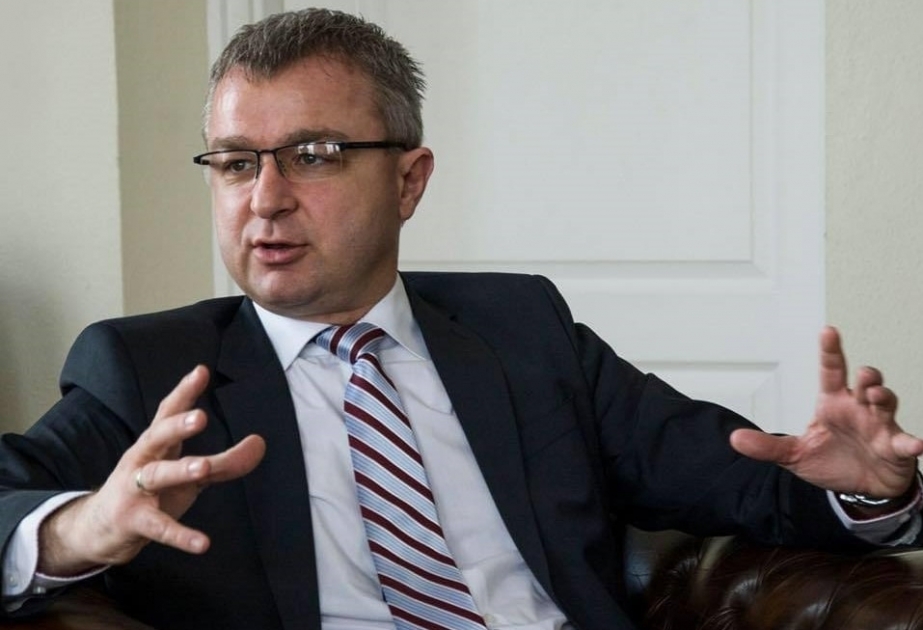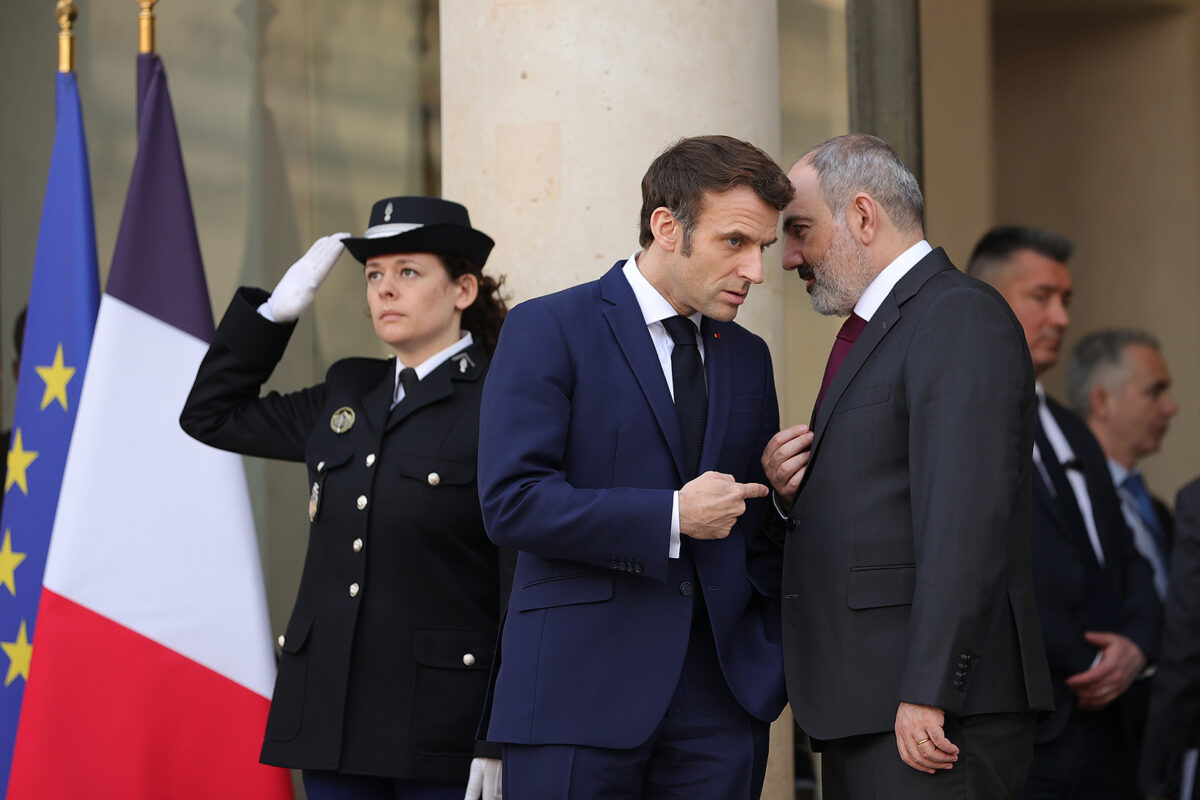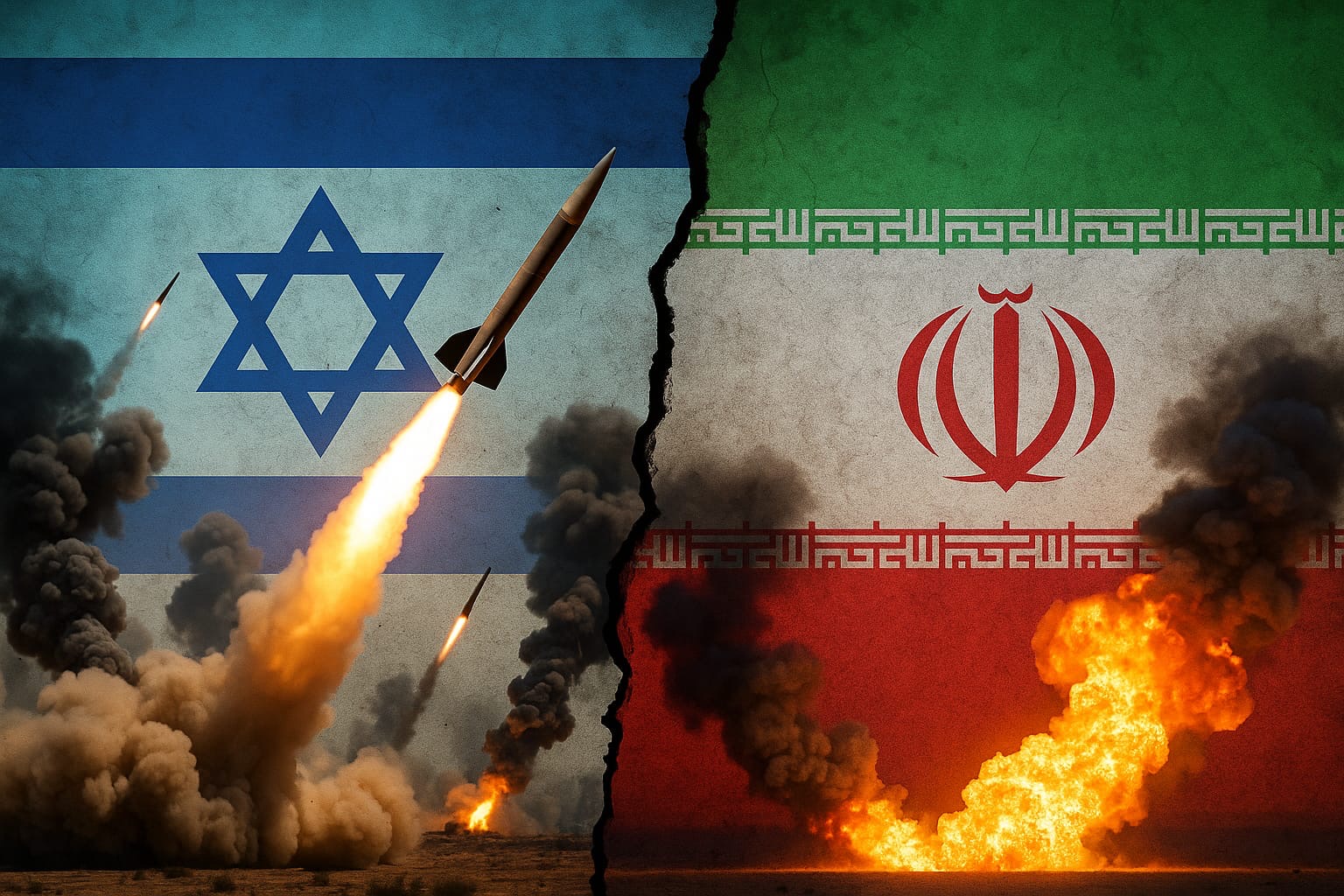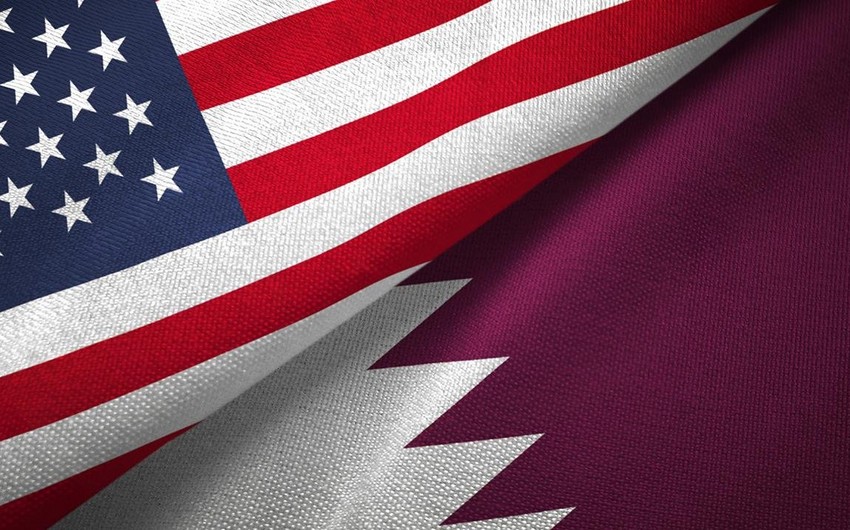The pursuit of a peace treaty between Armenia and Azerbaijan has faced significant delays due to Armenia's failure to meet Azerbaijan's demands. Additionally, various foreign influences complicate the peace process.
Prof. László Vasa, chief advisor at the Hungarian Institute of International Affairs, shared his analysis with Ednews, highlighting several factors undermining efforts for regional stability:
"The Russian-Ukrainian war and the American presidential election, the political weakening of President Macron, and the negotiations regarding the establishment of the European Parliament are slightly pushing the Azeri-Armenian peace process into the background. In general, it can be said that the countries of the world, with the exception of Western Europe, are actually interested in regional consolidation. China and the countries of Eastern Europe have a special interest in this since land routes between East and West are shifting more and more towards the Middle Corridor, in which Azerbaijan is a key player, so everyone has an interest in the security of the region. A group of Western European countries has emerged under the leadership of France, which, along the lines of liberal narratives, is constantly putting obstacles in front of the peace process. The reason for this is, on the one hand, the strong political power of the Armenian diaspora in France, and on the other hand, there are countries whose arms shipments are favored by this situation. We should also not forget that the USA and its European allies are determined to create uncertain situations in Russia's traditional spheres of influence in order to weaken Moscow."
The views and opinions expressed by guest columnists in their op-eds may differ from and do not necessarily reflect the views of the editorial staff.











